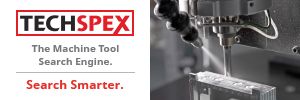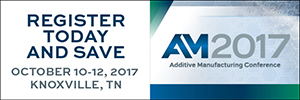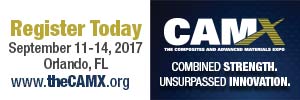While the drive toward full autonomy for vehicles is seemingly picking up speed with announcements from companies with new LiDAR systems or the deployment of deep-learning AI systems in vehicles, and while Bosch is working hard in a number of areas to automate driving, here’s something that is striking that comes out of a study, “Connected Car Effect 2025,†that Bosch and the consulting firm Prognos performed.
As Dr. Dirk Hoheisel, member of the Bosch board of management said of the study that looked at the U.S., Germany and China, “The hidden heroes of the connected revolution are assistance and comfort systems, which we are often already familiar with.â€
In other words, with technology that already exists in many vehicles. For example, electronic stability control, automatic emergency braking and lane-keeping assist. It is calculated that by 2025, 90 percent of the vehicles in three countries will be offered with stability control and up to 40 percent for the other two technologies.
In addition to which, there are the smartphones that are seemingly ubiquitous. According to Bosch, approximately 50 percent of vehicles will have smartphone integration by 2025.
So consider having that tech and a system wherein cars are connected. The sensors used in cars for stability control can be used to determine road conditions (e.g., ice) and report that information to other vehicles. And should the cars be equipped with cameras, that information can be shared, as in whether there is congested traffic or fog or some other impediment to travel.
“Our study shows that the effects of connectivity will have a perceptible impact on every driver in 2025,†said Hoheisel.
The study shows that not only is there a potential considerable decrease in the number of traffic accidents and fatalities, but also benefits in terms of time saved (should cars share information in city centers regarding available parking places, there is a huge reduction in the amount of time wasted—to say nothing of fuel—cruising around looking for an open spot: according to Dr. Werner Struth, of the Bosch board of management, people spend up to 30 minutes and drive miles to find an empty parking space in city).
It is all about how the technology is orchestrated and deployed.








